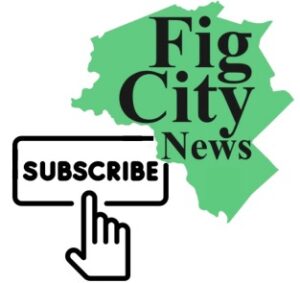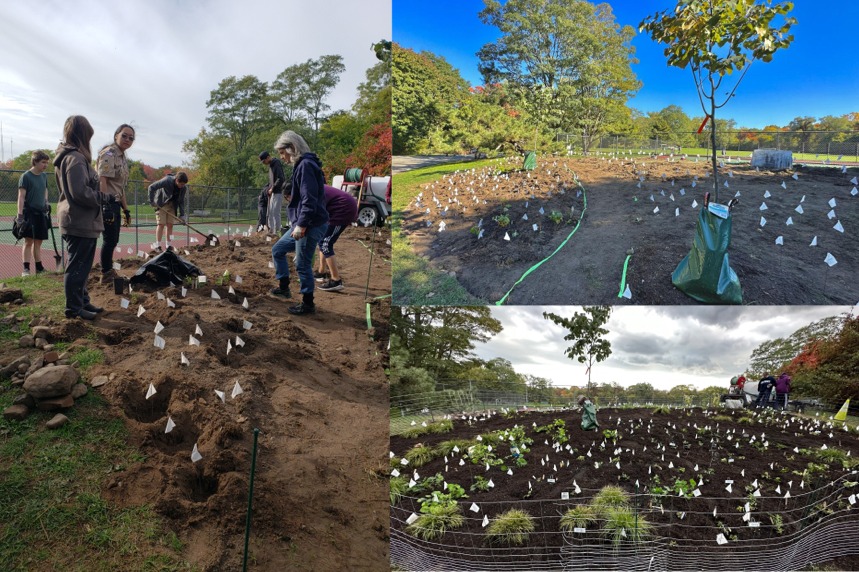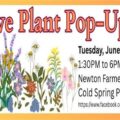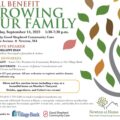Eagle Scout candidate Dobi Wallober led the design and installation of a new pollinator preservation garden in Cold Spring Park, working with volunteers from his Troop 209, the Friends of Cold Spring Park, and the Newton Conservators. The goal of the garden is to provide habitat for bumblebees and butterflies that are essential for pollination — yet are very much at risk of local extinction. The garden’s prominent location atop the knoll between the park’s tennis courts and parking lot, next to the Farmers Market, will help to make visible both the need for and the success of such environmental care.
Wallober sought to undertake an Eagle Scout project with environmental benefits and began collaborating with Alan Nogee of the Friends of Cold Spring Park last June. Wallober and Nogee, consulting with pollinator garden experts, prepared three revisions of a design for the 600-square-foot garden, taking into consideration the pollinators’ needs, installation cost, ongoing maintenance, aesthetics, and how various plants would thrive as the two new shade trees in the garden mature. On Monday, a large team of volunteers planted over 300 plants — 28 indigenous species in all. The garden will be watered and fenced off from rabbits until the plants are mature enough to survive on their own. Eventually there will be signs with QR codes for documentation of the garden and its plants.
The project’s $5000 budget was funded by the Friends of Cold Spring Park, fundraising by Wallober, and grants from Green Newton and the Newton Conservators. The Department of Parks, Recreation & Culture provided critical support by suggesting the highly visible location, removing sod, and stationing a water trailer to help the plants get established.
Alan Nogee, president of the Friends of Cold Spring Park, said, “This is the first public garden in Newton based on research by UMass Dartmouth Professor Robert Gegear on saving native bees and butterflies and the plants they depend on. This garden especially aims to support the golden northern and half-black bumblebees that were once common in our yards and parks but are now at risk of local extinction in Massachusetts. As Dr. Gegear notes, bumblebees play a critical role in maintaining ecosystem health and biodiversity.”
Wallober and Nogee expressed thanks to:
- Freddie Gillespie, Newton native and now chair of the Southborough Open Space Preservation Commission, providing advice throughout Metrowest on creating pollination preservation gardens;
- Newton’s Department of Parks, Recreation & Culture
- Parks & Recreation Commissioners Beth Wilkinson and Mark Feldhusen
- The Newton Community Pollinator Project founded by Councilor Alicia Bowman
- Evan Abramson of Landscape Interactions for publishing model garden designs based on Dr. Gegear’s research
- The Lincoln Land Conservation Trust for sponsoring presentations, webinars, and demonstration gardens by Gegear and Abramson that inspired this project
- Bluestem Natives, a nursery in Norwell that specializes in native plants, including most on Gegear’s list.






